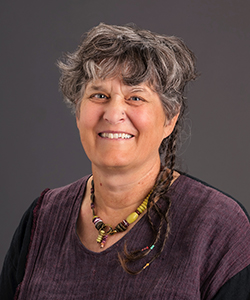
The Centers for Disease Control has awarded researchers at the University of Missouri School of Medicine, a $500,000 grant for the first year to partner with clinics to increase colorectal screening rates with a focus in rural parts of the state.

“Colorectal cancer is the second most prevalent type of cancer in Missouri,” said co-principal investigator Kevin Everett, PhD, associate professor of Family and Community Medicine. “It’s also one of the most deadly. Since most new colorectal cancers occur in those older than 50, it’s extremely important that adults between the ages of 50 and 75 be screened.”
The project’s goal is to work with other institutions and organizations that are part of the Missouri Colorectal Cancer Roundtable, as well as the Missouri Department of Health and Senior Services to improve colorectal screening rates in Missouri. This project with enroll community health clinics willing to undergo a review of current colorectal screening processes, develop new protocols using evidence based interventions (client reminders, provider reminders, reduction of structural barriers and provider assessment/feedback), and be subject to data monitoring and site visits.

“By providing these clinics with a proven protocol, monitoring and support, the hope is we can increase screening rates for colorectal cancer by at least 5% each year in these clinics,” said principal investigator Jane McElroy, PhD, professor of family and community medicine. “This grant will help us increase the number of screenings in areas where the rates are low.”
In addition to screening reminders and data monitoring, the grant will also assist with ensuring access to follow-up colonoscopies and identifying financial resources for uninsured and underinsured patients.
Sedalia-based Katy Trail Community Health sees more than 17,000 patients each year. According to CEO Chris Stewart, their colorectal screening rate for the targeted age group is under 40% and more than one third of their patients are uninsured.
“This is a preventative measure we have struggled with for years,” Stewart said. “This partnership will provide support and assistance to our clinicians to improve screening rates, while providing the resources to ensure our patients can get colonoscopies.”
The CDC grant runs through June 2025 with yearly budgetary updates based on work to be accomplished.





